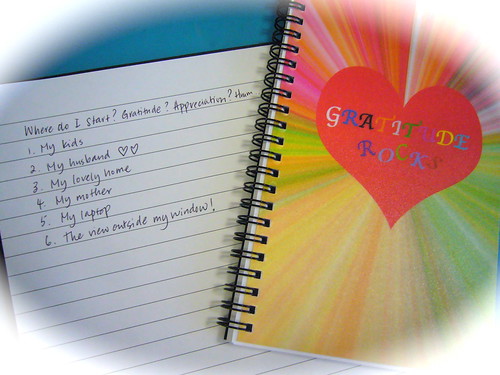Gratitude: what makes gratitude—this “quality of being thankful” according to the Oxford Dictionary–such an integral part of one’s recovering life? Or rather, what makes it such a necessary part of having a happy life in recovery? I am struck by how prone the world is to grouchiness, especially on Mondays. For many, a weekend of merrymaking (even sober) does not leave many of us filled with appreciation come Mondy morning. If anything, Monday tends to be synonymous with dread. It need not be so.
When we step foot on the path of recovery, we don’t do it because we’re having fun. We typically step foot on this path because we’ve lost our backsides. We are tired; we are lonely; we are uncomfortable in our skins; we are isolated; we are angry. One thing we are not prone to is gratitude. In recovery, be it from substance abuse or mental illness, we have an opportunity to develop this gratitude. We start simply, because once we complicate things, we are dealing with a twisted cat’s cradle of emotions.
Auguston Burroughs succinctly says in Dry, “Think of your head as an unsafe neighborhood; don’t go there alone.” Our heads really are a dangerous place at times, often acting as an environment full of judgment, fear, reactivity, defensiveness, competitiveness and so on. We want to eliminate these thoughts so we don’t inadvertently turn our lives into wells of misery.
We do this simply:
- Begin with a gratitude list: commit to writing down 3 things a day you are grateful for. Keep it simple: You can be grateful for anything, but write something down!
- Share your list with another human being.
- Be of service. Nothing works better for getting out of your head (that bad neighborhood!) than helping another human being.
- Take commitments.
- Volunteer.
- Smile. As Mother Theresa says, “ Every time you smile at someone, it is an action of love, a gift to that person.”
We’re in recovery now and many of us break the odds every time we open our eyes in the morning. If that’s not reason for gratitude, I don’t know what is. To answer my own question, what makes gratitude is our willingness to acknowledge all that we have done and that we do instead of dwelling in all that we’ve lost. Yes, those things are real and valid, but the heart is one of the most resilient muscles in the body, and we will recover.
“When you change the way you look at things, the things you look at change.” Wayne Dyer
Originally posted on July 16, 2012 @ 9:53 pm





